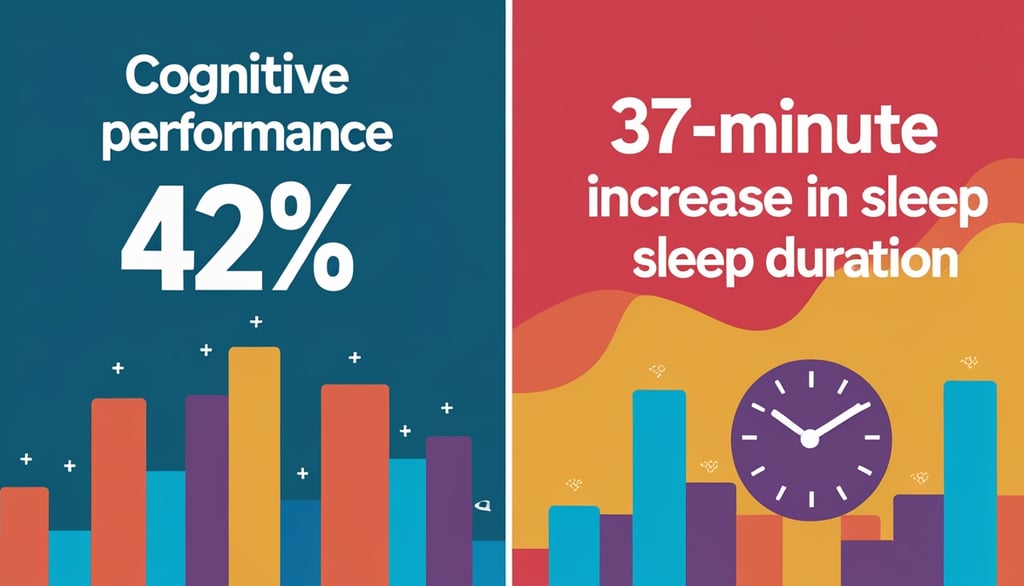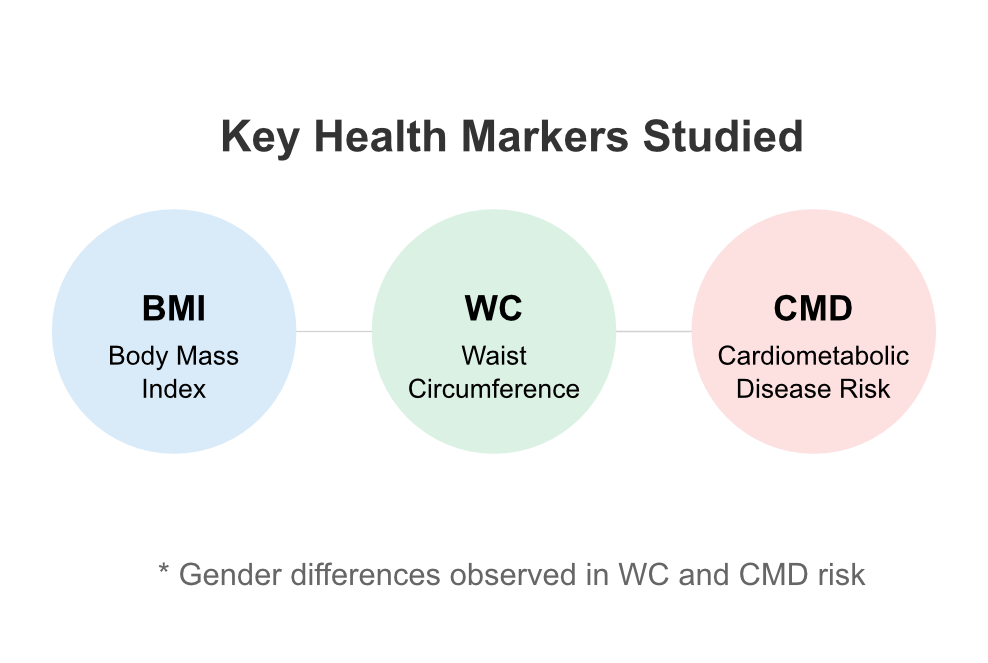Sleep's Critical Role in Professional Performance and Health
11/18/20243 min read


Disclosure: Some of the links on our site are affiliate links, which means that if you click on these links and make a purchase, we may earn a commission at no additional cost to you.
Benefits of Sleep
Recent studies have shown how sleep affects work performance and health. Two studies looked at knowledge workers and corporate executives. They found that good sleep boosts cognitive skills and metabolic health (Boubekri et al., 2020; Pienaar et al., 2023).
Key Takeaways
Significant Cognitive Benefits:
42% improvement in cognitive performance tests when sleep duration increased
Average increase of 37 minutes in sleep duration under optimized conditions
Poor sleepers showed the most improvement, gaining 52.8 minutes of additional sleep
Workplace Lighting Impact:
Optimized daylight (316 melanopic lux) significantly outperformed traditional office lighting (40.6 melanopic lux)
Even good sleepers gained an additional 18.1 minutes of sleep
Environmental design proves crucial for sleep quality improvement
Gender-Specific Health Effects:
Both genders showed BMI correlations with sleep duration
Women: BMI correlation β = -0.19 to -0.20
Men: BMI correlation β = -0.12 to -0.20, plus additional health markers affected
Male-Specific Health Risks:
Increased waist circumference with shorter sleep (β = -0.016 to -0.62)
Higher cardiometabolic disease risk scores (β = -0.12 to -0.08)
Effects persisted after controlling for age, lifestyle, and psychological factors
Workplace Implications:
Environmental design significantly influences sleep patterns
Need for gender-specific health monitoring approaches
Poor sleepers may benefit most from workplace improvements
Sleep optimization represents a valuable investment in workforce health
Enhanced Cognitive Performance Through Better Sleep
A study of 30 knowledge workers showed big gains in thinking skills with more sleep. They slept 37 minutes longer and did 42% better in tests. Poor sleepers got the biggest boost, sleeping 52.8 minutes more (Boubekri et al., 2020).


Workplace Environment: A Key Factor in Sleep Quality
Boubekri et al. (2020) found that work environment affects sleep. Workers in bright, daylight-filled spaces slept better than those in regular offices. Good sleepers got 18.1 minutes more sleep, showing design can improve sleep and work performance.


Sleep Duration and Metabolic Health
A study of 1,512 corporate executives found sleep's link to health. The results were:
Women with shorter sleep had BMI correlations of β = -0.19 to -0.20 (95% CI: [-0.36, -0.03] to [-0.37, -0.03])
Men showed BMI correlations of β = -0.12 to -0.20 (95% CI: [-0.22, -0.04] to [-0.22, 0.08])
Men with less sleep had bigger waists (β = -0.016 to -0.62, 95% CI: [-0.92, -0.29] to [-0.88, -0.37])
Higher cardiometabolic disease risk scores among male executives with shorter sleep duration (β = -0.12 to -0.08, 95% CI: [-0.20, -0.04] to [-0.15, -0.01])
Gender Differences in Sleep's Health Impact
Pienaar et al. (2023) found that sleep affects health differently for men and women. Men and women both see BMI changes with sleep, but men face more risks. Men sleeping less have bigger waists and higher disease risks, even with age and lifestyle considered.


Implications for Workplace Health
These findings are key for workplace health and personal well-being. The research shows:
Lighting in the workplace affects sleep and brain function.
Companies should adopt sleep-friendly policies for better employee performance.
Health checks might need to consider gender-specific sleep risks.
Improving the workplace environment can help those who sleep poorly.
Looking Forward
These studies offer insights but also point to areas needing more research. This includes mental health and long-term sleep effects. Future studies with better sleep data could give us a deeper understanding of sleep's role in work life.
It's clear that enough sleep is key for both health and work performance. As companies focus on employee well-being, improving sleep through design and policies could be a smart move. It could boost health and productivity in the workplace.
References
Boubekri, M., Lee, J., MacNaughton, P., Woo, M. K., Schuyler, L., Tinianov, B., & Satish, U. (2020). The Impact of Optimized Daylight and Views on the Sleep Duration and Cognitive Performance of Office Workers. International Journal of Environmental Research and Public Health.
Pienaar, P., Roden, L., Boot, C. R. L., van Mechelen, W., Twisk, J. W. R., Lambert, E. V., & Rae, D. (2023). Longitudinal Associations Between Self-Reported Sleep Duration and Cardiometabolic Disease Risk in Corporate Executives. Preventive Medicine.
Follow Us
Copyright © 2025. All rights reserved.
We respect your inbox and will never spam!
Join The Community
Receive the latest wellness travel updates and tips.


